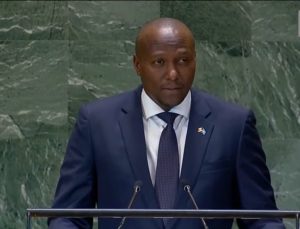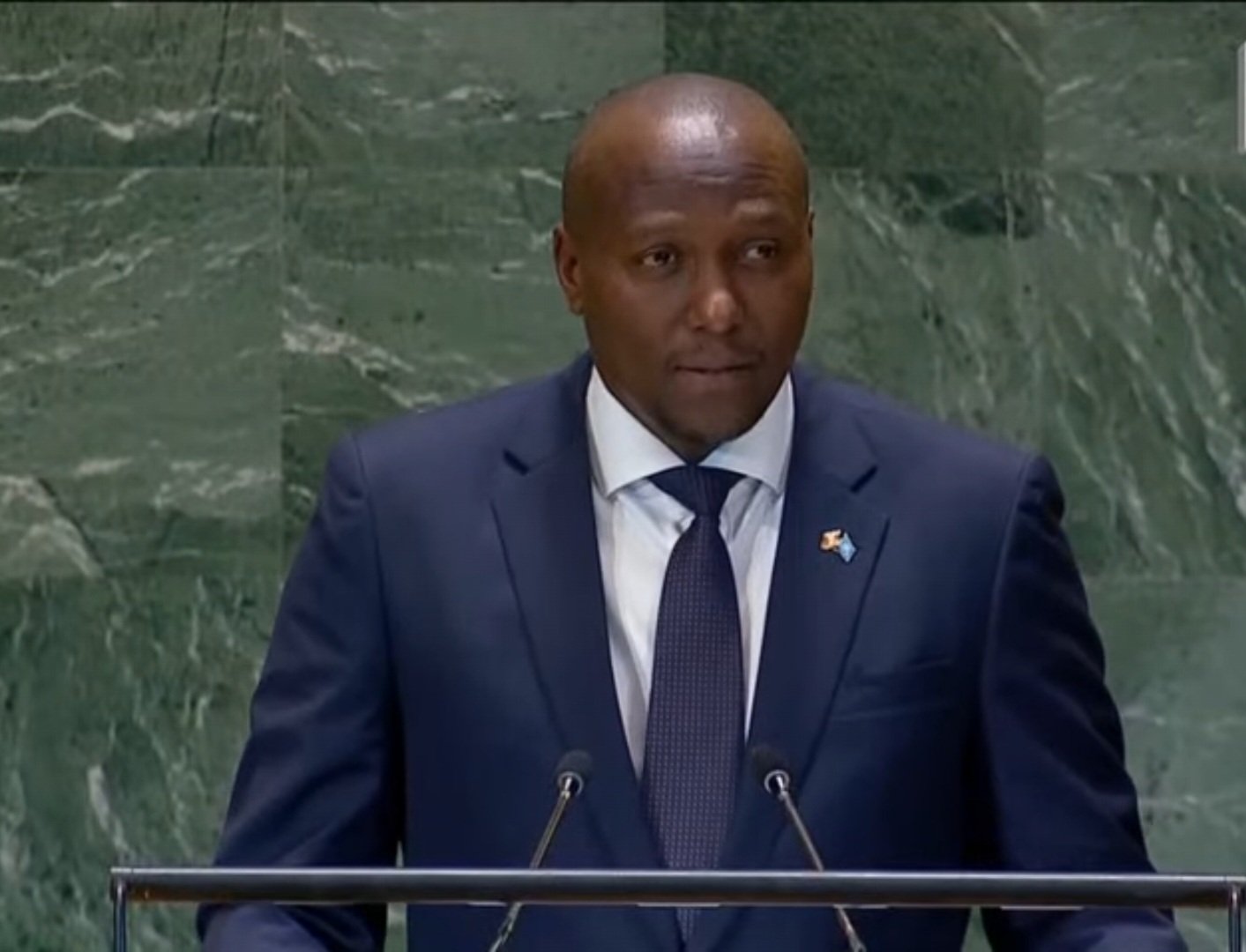By Lwazi Dlamini
Eswatini has made a passionate call for comprehensive debt restructuring and reforms to international institutions like the International Monetary Fund (IMF) and World Bank.
The clarion call was made by His Excellency, the Prime Minister Russell Mmiso Dlamini to world leaders during the Summit of the Future currently being held in New York, United States of America.
The premier, representing His Majesty King Mswati III and the nation, said the debt restructuring and reforms will ensure that financial institutions like the IMF and World Bank can respond to the needs of the developing nations.
He said this will also ensure fairer access to financing for climate resilience and development.
“It is a great honour to address the Summit of the Future on behalf of His Majesty King Mswati III, where world leaders have gathered to commit to ‘Multilateral Solutions for a Better Tomorrow’.
RELATED: Prime Minister departs for New York to represent King at 79th UN General Assembly
This Summit is an opportunity to take bold actions that will shape the future of our planet and the well-being of generations to come. We commend the co-facilitators of the outcome documents – the Pact of Future,
Global Digital Compact, and Pact on Future Generations – for their stellar work,” the PM said.

He said humanity faces unprecedented global challenges, from poverty and inequality to climate change and technological transformation.
“No single nation can tackle these challenges alone. The Global Pact for the Future calls for a renewed, inclusive, equitable and response multilateral system,” he said.
The Premier said Eswatini, along with other African nations, has long called for reforms to the United Nations to create a more inclusive and representative global governance system with the Ezulwini Consensus remaining the cornerstone of this call.
RELATED: Japan’s Prime Minister Kishida to resign, paving way for new leader
The Ezulwini Consensus is a position on international relations and reform of the United Nations, agreed by the African Union.
It calls for a more representative and democratic Security Council, in which Africa, like all other world regions, is represented.
“The current structure of the Security Council does not reflect modern geopolitical realities, particularly the underrepresentation of Africa.
Expanding the Security Council to include permanent representation for Africa and other marginalized regions is essential for maintaining its legitimacy and addressing global security challenges.
This reform is critical to building trust in global institutions,” Dlamini said.


